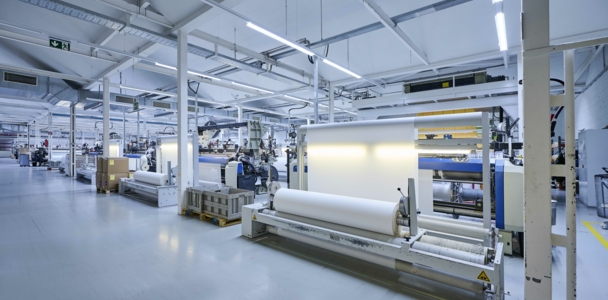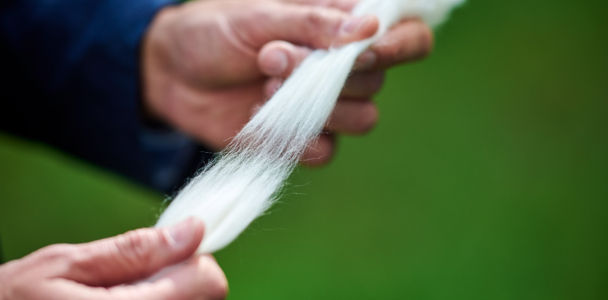Paul: Recycling technologies for upcycling textiles are currently still limited. In the future, however, the possibility of a circular economy will become an essential customer requirement for textile manufacturers. There is potential here, for example, in the collection and sorting of textile waste. Already now, some of our textile waste can be recycled. We are currently building partnerships for future upcycling. In addition, we must continue to search for sustainable alternatives that reduce our dependence on crude oil as a raw material and enable resource-saving production. We at Getzner Textil are part of this development and are actively shaping the sustainable turnaround in the textile industry.
In the picture: The sustainable collection
Barbara Paul coordinates development projects in the areas of sustainability and circular economy.






